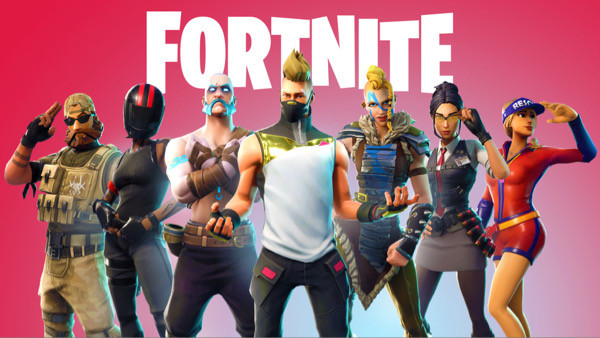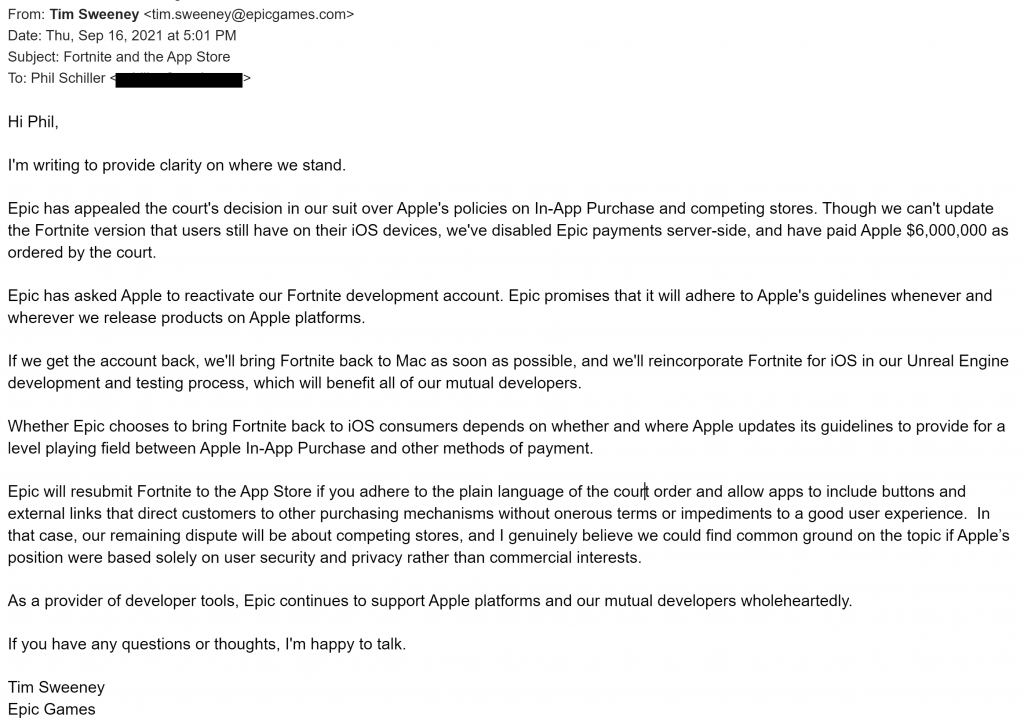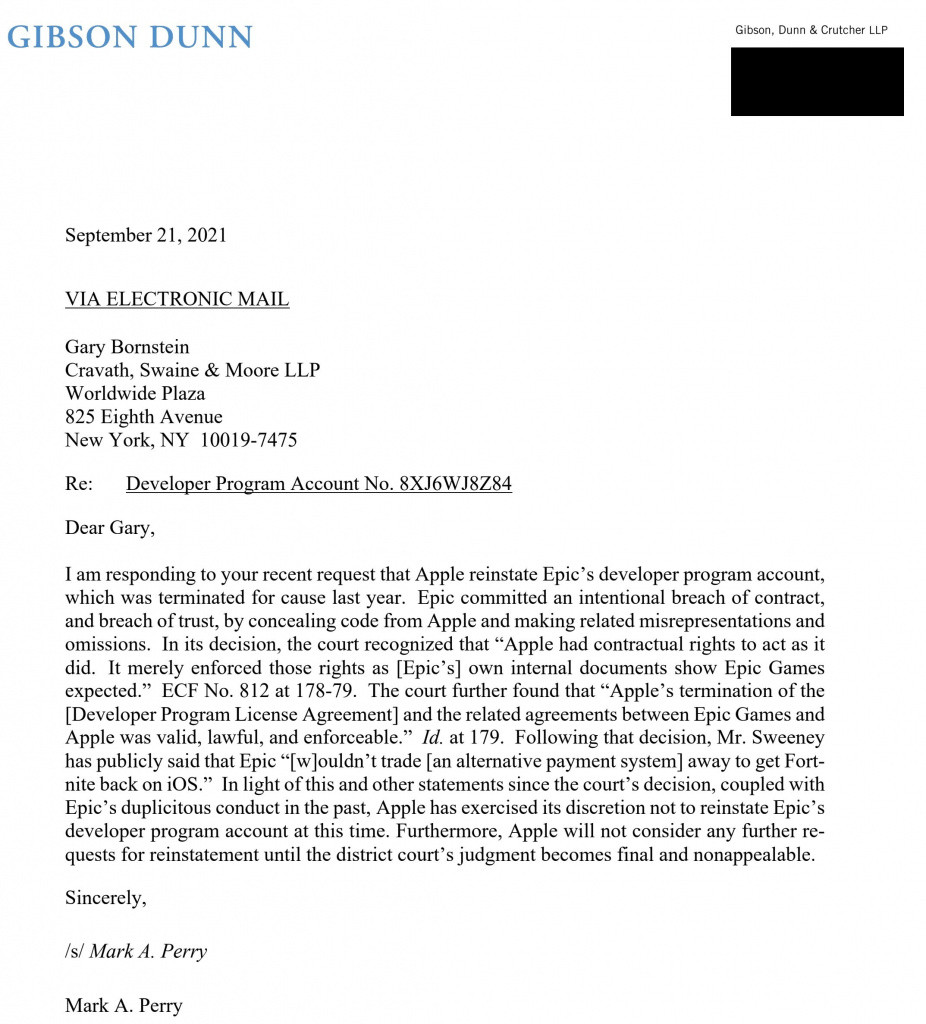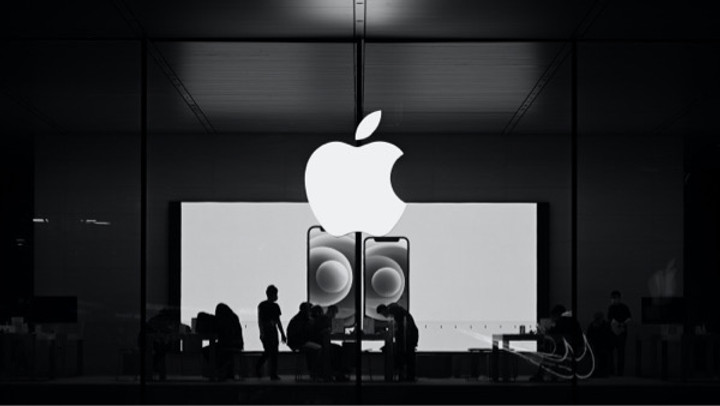In the lawsuit between Apple Inc versus Epic Games, a U.S. District Court judge ruled that Apple would be prohibited from stopping app developers from redirecting users to payment solutions existing outside of the App Store. This came as a result of Apple removing Fortnite from the App Store after its developers introduced a new in-game currency called "V-Bucks."
After giving Apple the choice to decide on the future of Fortnite on its platforms, Apple responded by making the informed decision to blacklist Fortnite from its ecosystem and by denying Epic Games’ request to reinstate its developer account, until a final verdict is ruled at court.
This means that Fortnite players using iOS and Mac devices may not be able to play the free-to-play game for up to five years, depending on how the appeals process goes. Although the initial ruling favoured Epic Games by finding Apple's claims "anti-competitive," the rest of the court ruling went in favour of Apple.
Epic Games vs. Apple ruling will change the gaming industry
The remainder of the ruling was a massive victory for Apple after the court believed that Apple didn't have control over the mobile games market and that they have the right to collect interest on in-app purchases. What dealt the biggest blow in Epic’s case, however, was that the developer knowingly violated their contract with Apple.

Epic Games appealed the ruling as a way of making peace with the court’s decision but also to make amends with Apple. In a letter written by Epic Games CEO, Tim Sweeney, it was detailed how Epic Games was issued a court order to pay Apple $6,000,000 in addition to disabling payments on their end.

In exchange for the payment made, Sweeney wrote, “Epic has asked Apple to reactivate our Fortnite development account. Epic promises that it adhere to Apple’s guidelines whenever and wherever we release products on Apple platforms.”

Apple rejected Epic’s request in a response made by an Apple legal representative. "Epic committed an intentional breach of contract and breach of trust, by concealing code from Apple and making related misrepresentations and omissions. In its decision, the court recognises that Apple had contractual rights to act as it did."

Epic Games CEO Tim Sweeney says Apple "lied"
Apple’s decision was not only a shock to Sweeney but one that angered him, which he expressed overtly in a Twitter thread. Not only did he expressed how Apple "lied" to everyone by stating they will "welcome Epic’s return to the App Store if they agree to play by the same rules as everyone else," he further explained that they have now "reneged in another abuse of its monopoly power over a billion users."
Apple lied. Apple spent a year telling the world, the court, and the press they’d "welcome Epic’s return to the App Store if they agree to play by the same rules as everyone else". Epic agreed, and now Apple has reneged in another abuse of its monopoly power over a billion users.
— Tim Sweeney (@TimSweeneyEpic) September 22, 2021
Sweeney believes that Apple's decision is their way of establishing authority but is "also a loss for fair competition and consumer choice" since Apple won’t be making any considerations in the matter until a final verdict has been reached by the court.
We will endeavour to provide further updates regarding this developing story.
Check out our dedicated section for everything Fortnite, from news to leaks, guides, drama and more.
Featured image courtesy of Unsplash / Jimmy Jin.

 No ads, our video library,
No ads, our video library,

